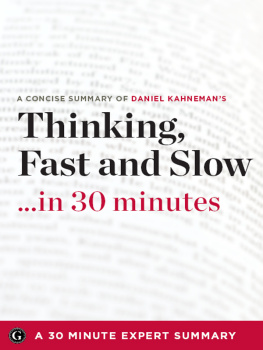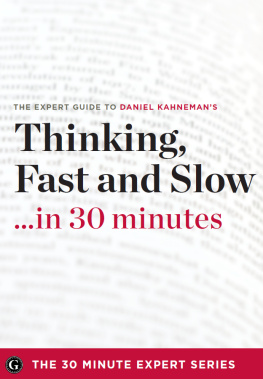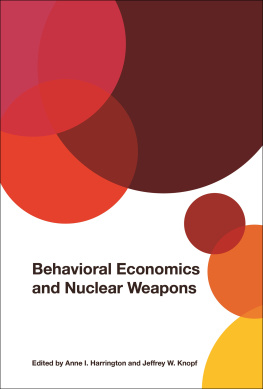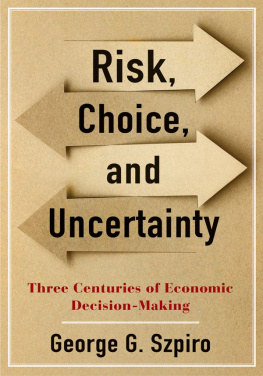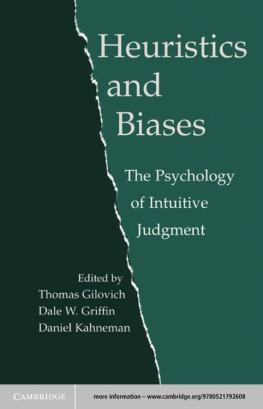CONTENTS
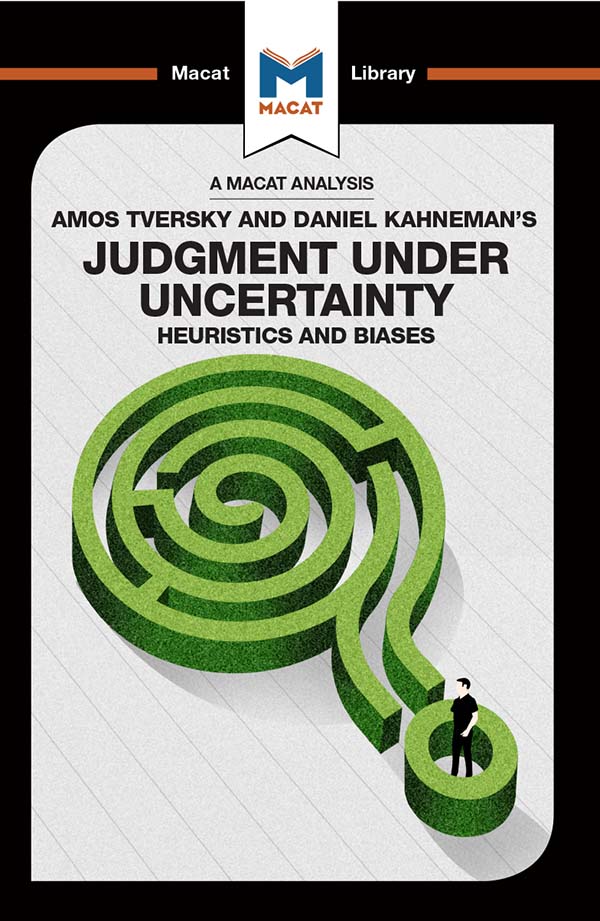
Copyright 2017 by Macat International Ltd
24:13 Coda Centre, 189 Munster Road, London SW6 6AW.
Macat International has asserted its right under the Copyright, Designs and Patents Act 1988 to be identified as the copyright holder of this work.
The print publication is protected by copyright. Prior to any prohibited reproduction, storage in a retrieval system, distribution or transmission in any form or by any means, electronic, mechanical, recording or otherwise, permission should be obtained from the publisher or where applicable a license permitting restricted copying in the United Kingdom should be obtained from the Copyright Licensing Agency Ltd, Barnards Inn, 86 Fetter Lane, London EC4A 1EN, UK.
The ePublication is protected by copyright and must not be copied, reproduced, transferred, distributed, leased, licensed or publicly performed or used in any way except as specifically permitted in writing by the publishers, as allowed under the terms and conditions under which it was purchased, or as strictly permitted by applicable copyright law. Any unauthorised distribution or use of this text may be a direct infringement of the authors and the publishers rights and those responsible may be liable in law accordingly.
The ePublication is protected by copyright and must not be copied, reproduced, transferred, distributed, leased, licensed or publicly performed or used in any way except as specifically permitted in writing by the publishers, as allowed under the terms and conditions under which it was purchased, or as strictly permitted by applicable copyright law. Any unauthorised distribution or use of this text may be a direct infringement of the authors and the publishers rights and those responsible may be liable in law accordingly.
www.macat.com
Cover illustration: Etienne Gilfillan
Cataloguing in Publication Data
A catalogue record for this book is available from the British Library.
Library of Congress Cataloguing-in-Publication Data is available upon request.
ISBN 978-1-912303-68-7 (hardback)
ISBN 978-1-912128-94-5 (paperback)
ISBN 978-1-912282-56-2 (e-book)
Notice
The information in this book is designed to orientate readers of the work under analysis, to elucidate and contextualise its key ideas and themes, and to aid in the development of critical thinking skills. It is not meant to be used, nor should it be used, as a substitute for original thinking or in place of original writing or research. References and notes are provided for informational purposes and their presence does not constitute endorsement of the information or opinions therein. This book is presented solely for educational purposes. It is sold on the understanding that the publisher is not engaged to provide any scholarly advice. The publisher has made every effort to ensure that this book is accurate and up-to-date, but makes no warranties or representations with regard to the completeness or reliability of the information it contains. The information and the opinions provided herein are not guaranteed or warranted to produce particular results and may not be suitable for students of every ability. The publisher shall not be liable for any loss, damage or disruption arising from any errors or omissions, or from the use of this book, including, but not limited to, special, incidental, consequential or other damages caused, or alleged to have been caused, directly or indirectly, by the information contained within.
CONTENTS
Macat offers an amazing first-of-its-kind tool for interdisciplinary learning and research. Its focus on works that transformed their disciplines and its rigorous approach, drawing on the worlds leading experts and educational institutions, opens up a world-class education to anyone.
Andreas Schleicher Director for Education and Skills, Organisation for Economic Co-operation and Development
Macat is taking on some of the major challenges in university education They have drawn together a strong team of active academics who are producing teaching materials that are novel in the breadth of their approach.
Prof Lord Broers, former Vice-Chancellor of the University of Cambridge
The Macat vision is exceptionally exciting. It focuses upon new modes of learning which analyse and explain seminal texts which have profoundly influenced world thinking and so social and economic development. It promotes the kind of critical thinking which is essential for any society and economy.
This is the learning of the future.
Rt Hon Charles Clarke, former UK Secretary of State for Education
The Macat analyses provide immediate access to the critical conversation surrounding the books that have shaped their respective discipline, which will make them an invaluable resource to all of those, students and teachers, working in the field.
Professor William Tronzo, University of California at San Diego
The Macat Library
The Macat Library is a series of unique academic explorations of seminal works in the humanities and social sciences books and papers that have had a significant and widely recognised impact on their disciplines. It has been created to serve as much more than just a summary of what lies between the covers of a great book. It illuminates and explores the influences on, ideas of, and impact of that book. Our goal is to offer a learning resource that encourages critical thinking and fosters a better, deeper understanding of important ideas.
Each publication is divided into three Sections: Influences, Ideas, and Impact. Each Section has four Modules. These explore every important facet of the work, and the responses to it.
This Section-Module structure makes a Macat Library book easy to use, but it has another important feature. Because each Macat book is written to the same format, it is possible (and encouraged!) to cross-reference multiple Macat books along the same lines of inquiry or research. This allows the reader to open up interesting interdisciplinary pathways.
To further aid your reading, lists of glossary terms and people mentioned are included at the end of this book (these are indicated by an asterisk [*] throughout) as well as a list of works cited.
Macat has worked with the University of Cambridge to identify the elements of critical thinking and understand the ways in which six different skills combine to enable effective thinking.
Three allow us to fully understand a problem; three more give us the tools to solve it. Together, these six skills make up the PACIER model of critical thinking. They are:
ANALYSIS understanding how an argument is built
EVALUATION exploring the strengths and weaknesses of an argument
INTERPRETATION understanding issues of meaning
CREATIVE THINKING coming up with new ideas and fresh connections
PROBLEM-SOLVING producing strong solutions
REASONING creating strong arguments
To find out more, visit WWW.MACAT.COM.
Critical Thinking and Judgment under Uncertainty
Primary critical thinking skill: INTERPRETATION
Secondary critical thinking skill: ANALYSIS
Amos Tversky and Daniel Kahnemans 1974 paper Judgement Under Uncertainty: Heuristics and Biases is a landmark in the history of psychology. Though a mere seven pages long, it has helped reshape the study of human rationality, and had a particular impact on economics where Tversky and Kahnemans work helped shape the entirely new sub discipline of behavioral economics.


